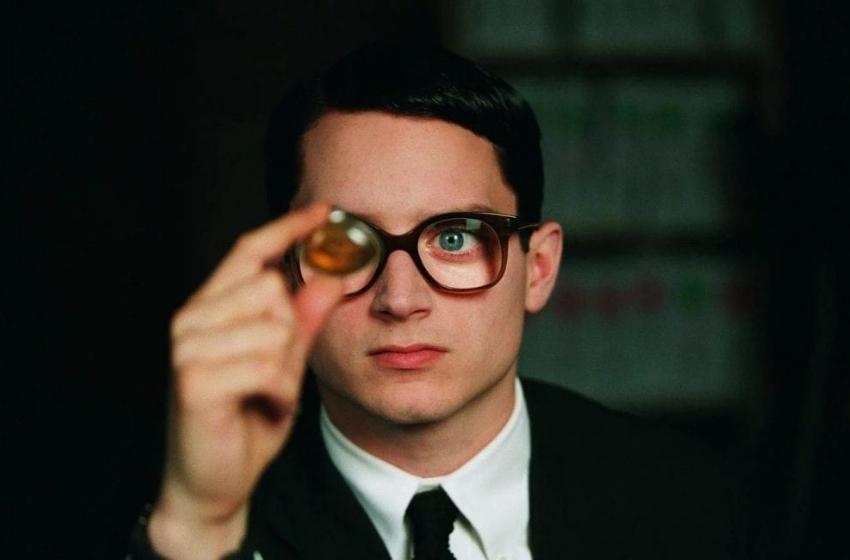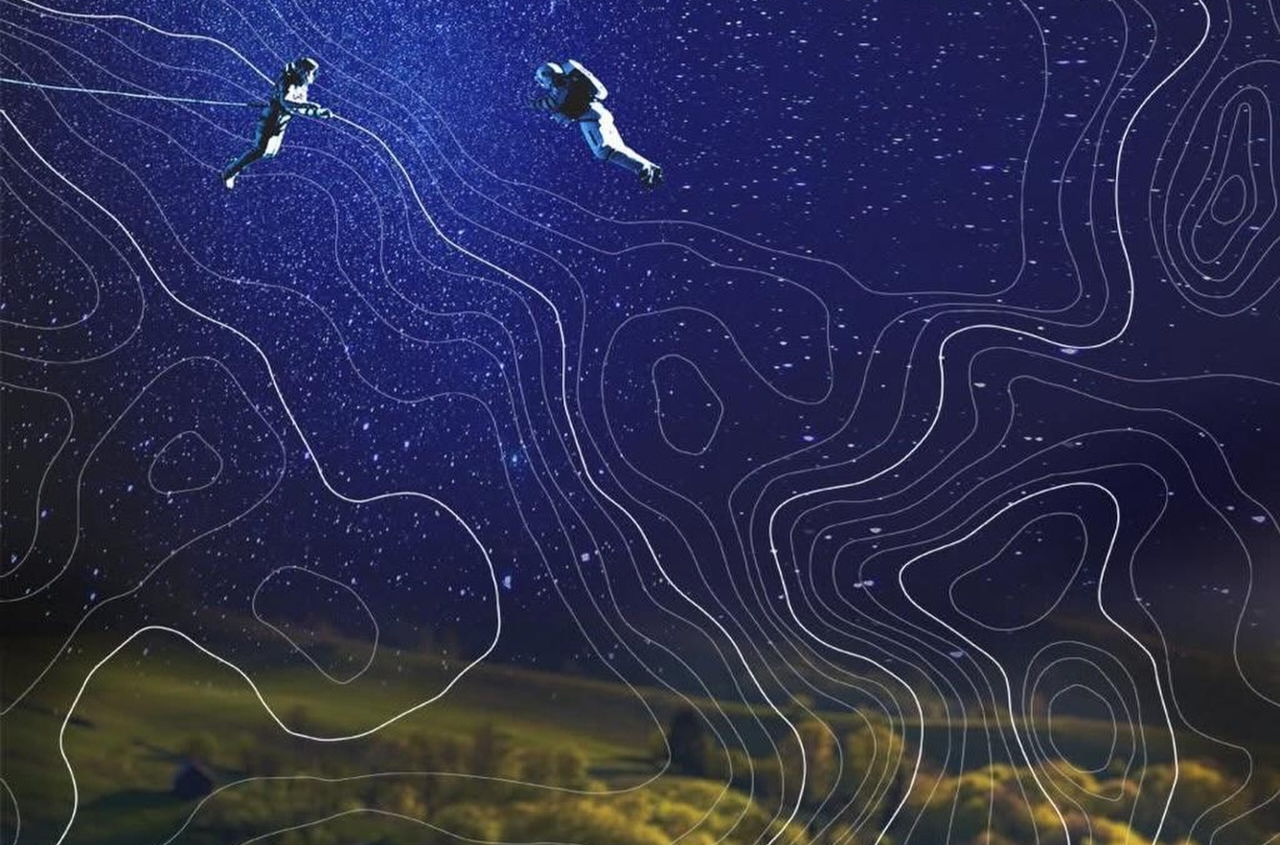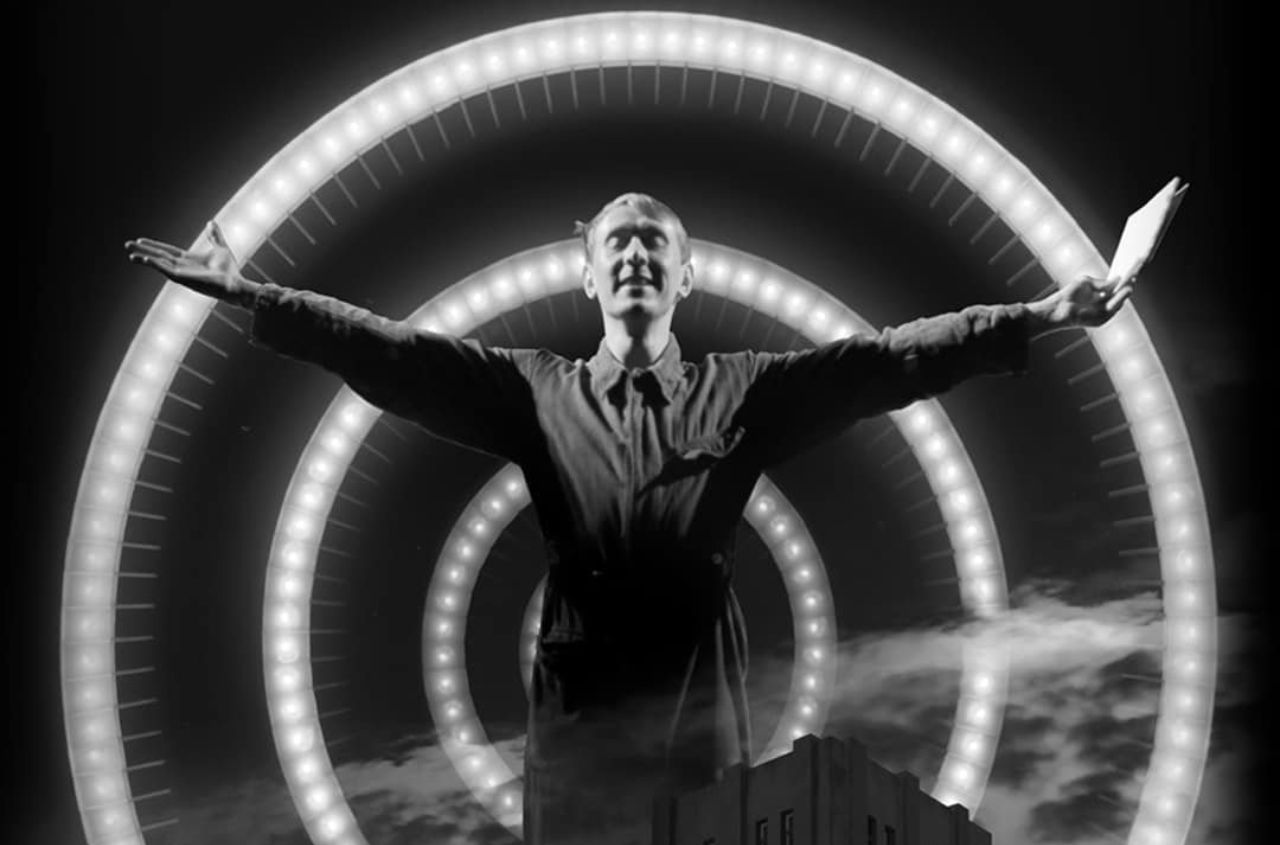The 2005 American biographical comedy-drama film "Everything is Illuminated", with Elijah Wood and Eugene Hütz, was written and directed by Liev Schreiber.
For his debut as screenwriter and director Liev Schreiber has adapted Jonathan Safran Foer's 2002 novel, winner of the Guardian First Book Award. The book featured a 25-year-old Jewish New Yorker and would-be novelist, named Jonathan Safran Foer, who travelled to the Ukraine to find a woman who'd helped his grandfather escape the Nazis.
Sensibly, Schreiber hasn't adapted the book in its entirety. Instead he focuses on the "rigid journey". The book and the film are provocative and unusual. Opinions and reviews vary to the exact opposite. It is noteworthy that everyone interprets and perceives the book/film in their way - someone writes, the book is sadder, someone found the film more heartbreaking. You may like the movie or not, but you cannot forget it; it is too original.
Jonathan (Elijah Wood), a young Jewish collector of Ukrainian origin, lived in the United States. Everything he holds dear comes in his well-stocked collection in plastic bags. After the death of his grandmother, he receives a photograph of his grandfather with a woman he does not know. Jonathan suggests that this woman had a relationship with his grandfather. On the back of the photo, there is a note "Trochenbrod 1940".

"Everything is Illuminated" lives in the present, except for memories and enigmatic flashbacks to the Second World War.
Roger Ebert, September 22, 2005
He decides to go to Ukraine to look for the village of Trochenbrod. There he hopes to find the woman in the photo. To prepare well for the trip abroad, Jonathan hires a team of assistants from Jewish Heritage Tours. A journey that has begun worse than ever gradually acquires deep meaning and becomes the cause of serious changes in the lives of all people involved in it.
As a result, the film won two awards at the Venice Film Festival, including Best Biographical Film.


The authors dump on the viewer a set of stereotypes about Eastern Europe in general, and about Ukraine in particular. Ukraine is shown attractively in its own way (after all, Foer's mother has Ukrainian roots, and the grandfather of the debutant director Schreiber is also the voice of blood, etc.).
Schreiber and his grandfather, a Ukrainian émigré, were very close. The death of his grandfather in 1993 pushed Schreiber to write his memoirs. In the meantime, he was given a short story by Foer to read, which was later included in the novel. Schreiber was shocked by the quality of what he had written: Foer laid out on 15 pages what he did not fit even on 107! Schreiber contacted the young writer, they talked about their grandfathers, the roots, cinema, culture, and the nature of short-term memory in America. As a result, Foer agreed to grant Schreiber the rights to film the book.



Foer and Schreiber began discussing a future film in the fall of 2001, shortly after 9/11. Both were in Europe during this period and told each other about the derogatory comments they had heard about the Americans. Schreiber wanted the role in the future film to be played by an American who could destroy the stereotypes of Europeans. Someone was needed a little awkward, not without flaws, vulnerable and innocent; busy with searches outside of his country. So the idea arose to invite Elijah Wood to the role.
One of his inspirers, Schreiber calls Emir Kusturica, who says “don't look for actors, look for peopleâ€. Schreiber noted that expressive eyes are very important for the observer-collector, and if "the eyes are the doors of the soul, then Elijah Wood has just garage doors."
Probably, this is the only foreign tape, where creators wanted to convey the national characteristics of our country. And they succeeded, although many episodes, including sunflower fields, were filmed in the Czech Republic. The movie also includes the cityscapes of Odessa and Lviv.



Despite the failure in the world box office and the bloopers of the movie, the film left behind a very pleasant experience.
- At the very beginning of the film, when the sad Jonathan stands on the grave of his grandfather, the real Jonathan Foer wanders between the graves as a leaf blower - such is the original cameo.





















